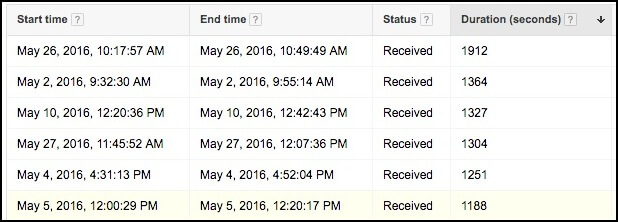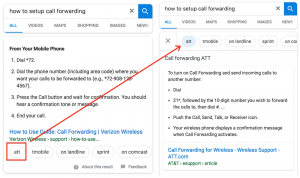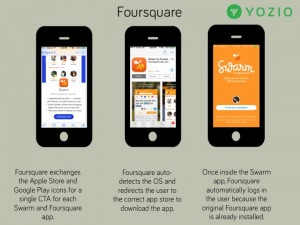Trying to manage your business’s paid search advertising on your own? Columnist Pauline Jakober outlines some common pitfalls to avoid.

People have the best of intentions when they take on PPC without the help of a professional. And why wouldn’t they have high hopes when Google makes it look so easy in its myriad of fanciful videos?
Now, I’m sure there are a lot of smart, self-taught business owners and in-house marketers who have found some success with PPC. But they also have their day jobs, and that’s where it gets tricky to stay on top of all the newest paid search features, trends and strategies that are essential for staying ahead, not to mention trying to monitor and optimize the account daily in between everything else.
Not surprisingly, many do-it-yourselfers end up seeking professional help at some point, and at my agency, we’ve inherited a few of those types of clients. From those, we typically see three common mistakes that DIYers make.
Let’s look at those now, and if you’re a DIYer, you can ensure you’re not succumbing to these common pitfalls.
1. Bidding too low
Let’s start by looking at one of our clients in the legal field who started out as a DIYer. Their bids were set to $50 for “personal injury” keywords. (If you’re familiar with the legal field, you know that sometimes, clicks can cost upward of $150.)
This resulted in less than a 10-percent impression share for this business, and when the ads did show up, they were low in the SERPs, and the click-through rates were dismal.
What DIYers often don’t know is that you can still frequently stay within your budget when it comes to cost per click if you show Google you’re serious and willing to pay (That means jacking up your bids).
While you might initially pay more for the clicks, over time, as your account begins to improve and your Quality Score shows it, you may end up paying around what you initially wanted to spend on clicks — but the icing on the cake is that you’ll probably have more conversions.
When we took over this lawyer’s account, we cranked up the max we were willing to pay for a click to $150. The impression share jumped 90 percent, which made them competitive enough to show up in the search results.
And, over time, their cost per click was between $65 and $72 — not much higher than the $50 they originally bid.

2. Trying to do too much in one ad group
Each ad group should have one job to do, with one focus. A common mistake is to try to make one ad group do too many things by including keyword phrases that are too dissimilar.
As you can see from the screen shot of this account that we inherited, the keywords featured in one ad group are pretty different, and they could easily be broken out into their own individual ads groups.

If you’re a DIY PPC person, this intro video from Google illustrates how to organize your account conceptually.
Having focused ad groups helps you better tailor the message of the ads that are served for those key terms to make them more relevant to your audience and your business.
3. Not keeping up with innovations
One of the hardest parts of AdWords management is keeping up with all the new features and strategies. It truly is a full-time job. So when you already have a full-time job, it’s nearly impossible to do.
This means you can miss out on big opportunities. Opportunities like call-only ads, which our lawyer friend wasn’t exploring at the time, though it was available to him. When we inherited the account, we immediately added it because we knew it can be an important strategy for local service-based businesses.

The client immediately saw results. As you can see from above (measured in seconds), many of the call duration times are 20 and 30 minutes, so we knew prospects were staying on the phone, and that’s a good thing for the client.
If you’re a DIYer, remember that if you take even a couple of weeks off from PPC, you might come back to five new AdWords features you now have to learn in addition to your regular workload. It’s just not worth it!
However, if you like being a do-it-yourselfer, here are some resources to help you stay on top of new AdWords developments:
- AdWords blog
- AdWords Google+
- AdWords help center
- AdWords Advertiser Community forum
- AdWords on YouTube
In the end (even though I’m sure Google would beg to differ), businesses that want to remain competitive in the SERPs — and make good money from PPC — should always consider hiring a professional to manage their accounts full time.
If you’re a DIYer, make sure you at least look into some of the pitfalls I outlined here to see if you can make immediate improvements to your PPC account.
[Article on Search Engine Land.]
Some opinions expressed in this article may be those of a guest author and not necessarily Marketing Land. Staff authors are listed here.
Marketing Land – Internet Marketing News, Strategies & Tips
(115)
Report Post







